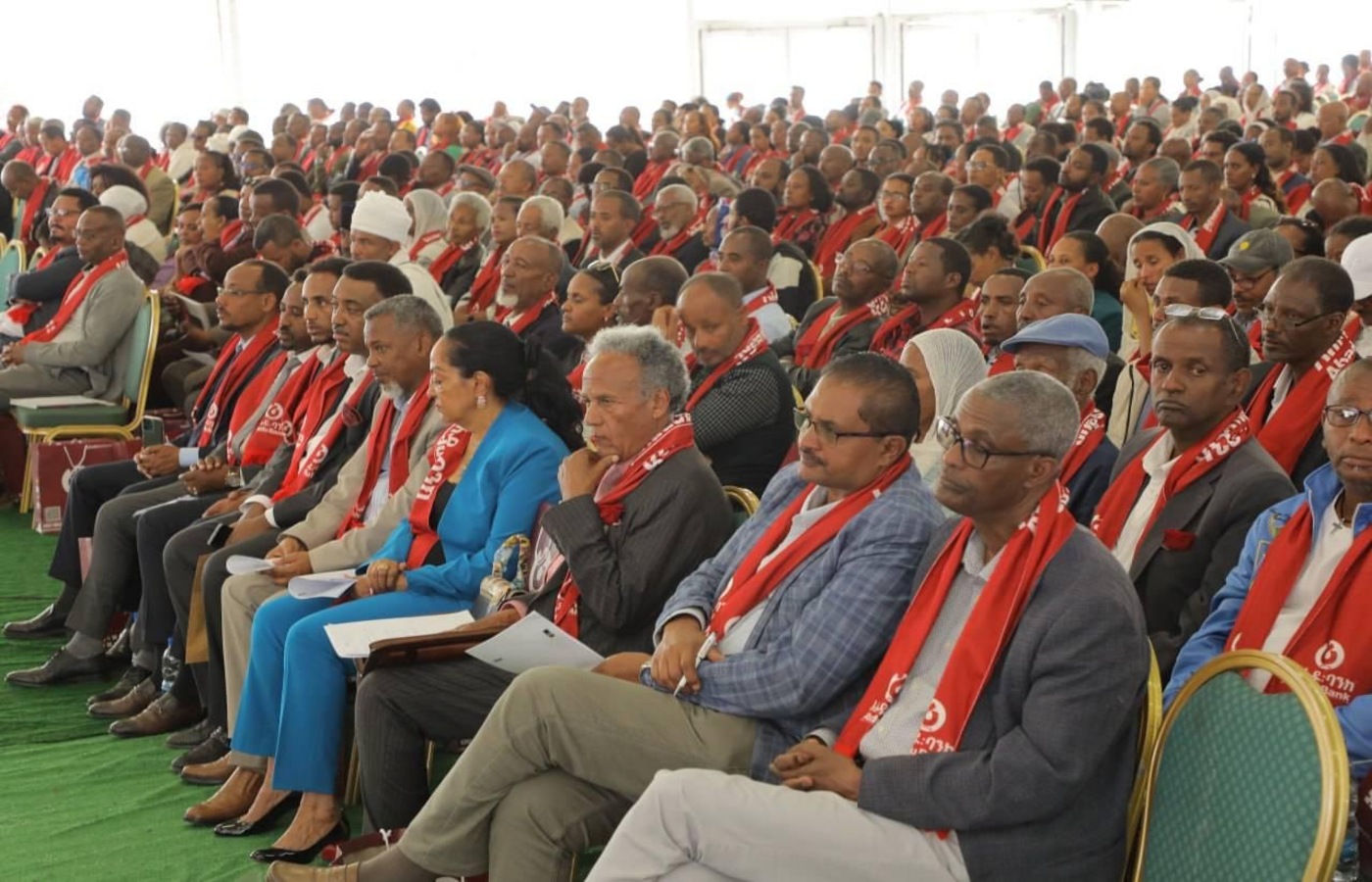Ahadu Bank, a relative newcomer to Ethiopia's fiercely competitive banking sector, has reported a profit before tax of 119.96 million birr for the fiscal year ending June 30, 2024. This represents a rebound from a loss of 193.6 million birr.
The bank has also declared an earnings per share of 48 birr per 500 birr worth of shares during the last fiscal year, although shareholders decided to reinvest it.
Executives of the bank stated that the bank could have been in a better position if it had not been for the unexpected imposition of a 14 percent credit growth cap by the National Bank of Ethiopia (NBE) in August 2023, which affected their performance.
The bank's Board Chairperson, Anteneh Sebsibe, attributed the success to the bank's aggressive resource mobilization, disbursement of loans, and raising of paid-up capital.
Credit Growth Cap which left the industry, especially new banks, with unimaginably limited ability to generate income from credit operations. The Cap would also adversely impact the economic activities, and thereby, the resource mobilization potential, according to the Board Chairperson.
“To overcome such an unexpected impediment, we coordinated with the Executive Management and developed Strategies focusing on lobbying the NBE for special consideration for new Banks, exploring new income streams and pivoting to non-lending banking activities as well as applying stringent cost management practices” he said.
Return on Equity: Ahadu Bank's Profitability
Ahadu Bank's return on equity (ROE) has improved significantly, from a negative 0.03 percent in 2022 to a positive 9.09 percent in 2023. This improvement is driven by the growth in profit and paid-up capital. The bank's ability to generate a profit and increase its paid-up capital has resulted in a significant improvement in its ROE.
Loan Increase Against 14 Percent Cap
The NBE's Credit Growth Cap, introduced in August 2023, limited the bank's ability to generate income from credit operations. However, Ahadu Bank managed to disburse loans and advances totaling 835.3 million birr, a 90 percent increase from the previous year.
The bank's board chairperson noted that the bank had to pivot to non-lending banking activities and explore new income streams to overcome the challenges posed by the cap.
Loan to Deposit Ratio: Ahadu Bank's LDR
Ahadu Bank's loan portfolio has shown significant growth, increasing from 924.6 million birr to 1.7 billion birr, a growth rate of 84.1 percent over the past year.
Ahadu Bank's deposit base has also shown significant growth, increasing from two billion birr to 4.6 billion birr, a growth rate of 130 percent over the past year.
As a result of the growth in loans and deposits, Ahadu Bank's loan to deposit ratio (LDR) has decreased from 46.2 percent to 37.0 percent.
Income vs Expense: Non-Interest Income Plays a Key Role
Ahadu Bank's revenue for the year under review was 1.15 billion birr, with non-interest income constituting 67.86 percent of the total earnings. Commission and service charge income were the largest contributors, making up 59.4 percent of the total income.
The bank's total expenses for the year amounted to 1.03 billion birr, with personnel expenses being the largest component, accounting for 47 percent of the bank's expenses.





